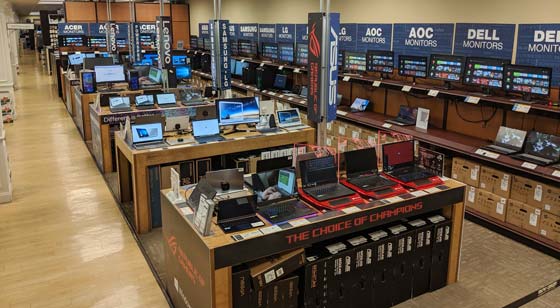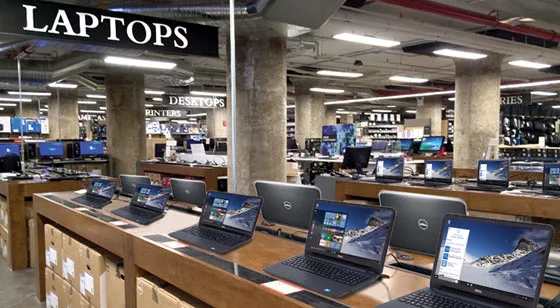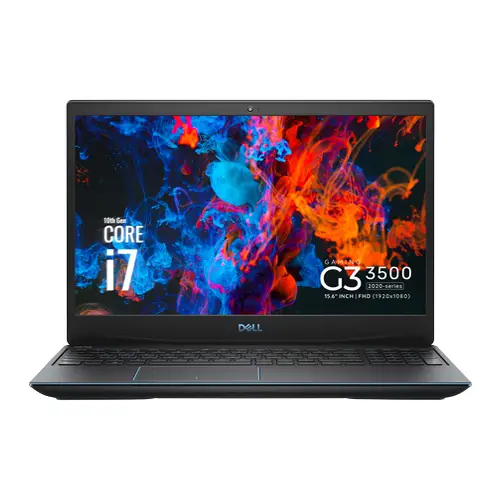Investing in a new laptop is a decision that requires careful consideration, as it’s a device that will likely play a significant role in your daily life. Whether you’re a student, a professional, or a casual user, finding the right laptop to suit your needs can greatly enhance your productivity and overall computing experience. With a myriad of options available in the market, ranging from budget-friendly models to high-end, feature-rich machines, it’s important to understand what factors to consider before making your purchase.
1. Determine Your Needs: Before buying a laptop, think about how you plan to use it. Are you a student who needs it for note-taking and research? A professional requiring it for work-related tasks? Or a gamer in search of a powerful machine? Your usage will dictate the specifications you require.
2. Consider Portability: If you need a laptop for frequent travel or commuting, you’ll want a lightweight and compact device with good battery life. Look for laptops with a thin and light design that offer at least 8-10 hours of battery life.
3. Choose the Right Size: Laptops come in various sizes, ranging from 11 to 17 inches. Smaller laptops are more portable but may have limited screen real estate, while larger laptops offer a more immersive viewing experience but are bulkier.
4. Focus on Performance: For general use, a laptop with an Intel Core i5 or AMD Ryzen 5 processor and 8GB of RAM should suffice. However, if you plan to use demanding software or games, consider upgrading to a higher-tier processor and more RAM.

5. Storage Options: Decide between a traditional hard drive (HDD) or a solid-state drive (SSD). SSDs offer faster boot times and improved performance but come at a higher cost per gigabyte compared to HDDs. Consider your storage needs and budget before making a decision.
6. Graphics Requirements: Integrated graphics are suitable for everyday tasks, but if you’re into gaming or graphic design, you may need a laptop with dedicated graphics from NVIDIA or AMD.
7. Connectivity and Ports: Ensure the laptop has the necessary ports for your needs, such as USB, HDMI, and headphone jacks. Also, consider newer connectivity options like Thunderbolt 4 for faster data transfer speeds.
8. Operating System: Choose between Windows, macOS, or Chrome OS based on your familiarity and specific software requirements. Each operating system has its strengths and limitations.
9. Budget Considerations: Set a budget and stick to it. While it’s tempting to splurge on high-end features, prioritize what’s essential for your needs to avoid overspending.
10. Read Reviews and Compare: Before making a final decision, read reviews from reputable sources and compare different models to find the best laptop that meets your requirements.
In conclusion, buying a new laptop is a decision that should not be taken lightly. By considering factors such as your specific needs, portability, performance, and storage requirements, you can find a laptop that meets your needs and enhances your computing experience.



